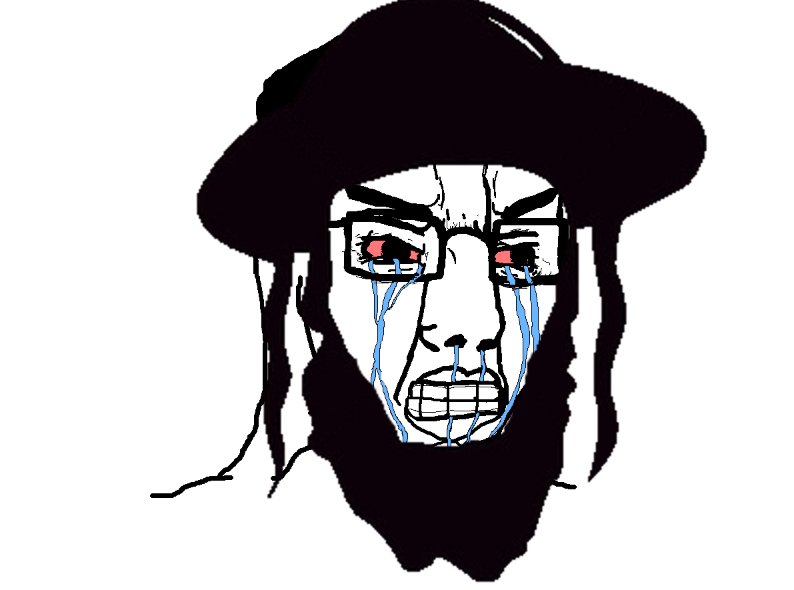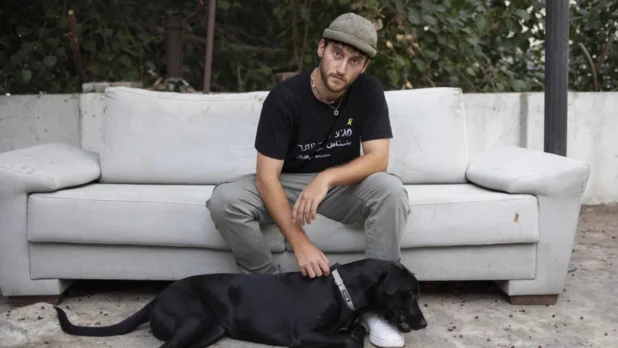Yotam Vilk
There have been stories about the IDF getting worn out for a long time now.
It seems to be true.
CNN:
When Hamas attacked southern Israel on October 7 last year, reservist Yotam Vilk wasn’t called up for military service – he volunteered to go and fight. Since then, he has spent more than 230 days serving with the Israeli military in Gaza.
It has affected every part of his life. And now, he is refusing to serve again.
“On October 7, I didn’t hesitate… because my people were murdered and killed and I understood that there was a need to save them, and there is still a need to save them, which the Israeli government doesn’t seem to see as urgent,” he told CNN in a phone interview.
After completing his second round of reserve duty in Gaza this summer, he decided he would refuse to go back if he were asked. He believed military action was justified in some cases, but that it should only be used as a tool to reach diplomatic solutions that work towards peace.
He didn’t believe in the government’s will to achieve that, despite “the destruction in Gaza getting harder, the lives of Palestinians getting harder and the lives of Israeli hostages getting harder.”
On October 9, Vilk, along with more than 130 other Israeli reservists, signed an open letter to Prime Minister Benjamin Netanyahu and Defense Minister Yoav Gallant stating that they refuse to serve unless a deal is signed to end the war and bring back the 101 hostages still in Gaza.
‘For some of us, the red line has already been crossed, and for others, it is rapidly approaching: the day when, with broken hearts, we will stop reporting for service,’ the letter read.
Vilk’s “red line” had been crossed, but it wasn’t an easy decision to make.
On the one hand, by refusing to serve, he felt he would be abandoning the hostages and leaving Hamas in charge in Gaza, something he believes makes Palestinians’ lives worse.
On the other, by not refusing, he feared he’d be serving in a war that would end in another Israeli occupation of Gaza, of which he didn’t want to be a part.
Despite Netanyahu stating there would be no resettlement in Gaza, Vilk said the government’s support for the expansion of settlements in the occupied West Bank made him doubtful of his intentions. Netanyahu’s cabinet includes far-right ministers who have called for Israeli settlements in Gaza.
“They put me in a horrible position… I feel betrayed by my own government,” he said.
And he isn’t alone.
Max Kresch served on Israel’s border with Lebanon for 66 days after October 7. Hostilities in the border region intensified as the Lebanese militant group Hezbollah vowed support for Hamas in Gaza. Now, Kresch says he’s had enough. When he returned to his home in Jerusalem at the end of December, he says he had a hard time readjusting and fell into a deep depression.
Max Kresch
Serving was very difficult for him, Kresch said, because the atmosphere felt very “religiously militaristic.”
“A very significant portion of the people that I was with felt religiously inspired to be fighting in this war, which was extremely uncomfortable for me,” he said.
He recalled one soldier telling him he believed it was a mitzvah, or Jewish religious duty, to kill Palestinians in Gaza, including children, “because they would grow up to be terrorists.”
Israel’s far-right National Security Minister Itamar Ben Gvir has voiced similar sentiments. Kresch said he finds it “terrifying” that Ben Gvir has a significant voice in the country that resonates with a lot of people.
Despite some comrades holding extreme views that were “very difficult to hear and tolerate,” Kresch believed they were good people, making the choice he made very difficult – and lonely.
This doesn’t really matter much.
Israel can’t win any of these wars they’ve started regardless. They’ve failed in Gaza, they’re barely into Lebanon, they can’t hope to stop the Houthis, and they definitely cannot invade Iran. The entire Israeli strategy is based on creating a massive mess and then calling for help from the US. That is their only actual military objective here.
“Gaza is the real world embodiment of hell on earth for its million children.” – @1james_elder, UNICEF Spokesperson.
Children need a ceasefire NOW. pic.twitter.com/4vj1ux4Elf
— UNICEF (@UNICEF) October 21, 2024
We need a ceasefire in Lebanon – as we need a ceasefire in Gaza and the immediate release of all hostages.
Escalation after escalation is leading to the unimaginable for the people of the region. pic.twitter.com/YhwLkSbXzV
— António Guterres (@antonioguterres) October 24, 2024


